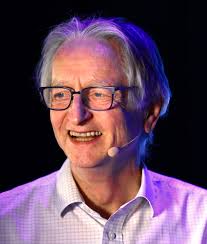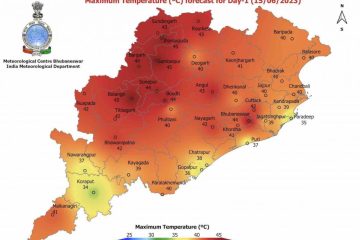Geoffrey Hinton: The Father of Deep Learning

Introduction
Geoffrey Hinton, often referred to as the ‘Godfather of AI’, has significantly influenced the field of artificial intelligence, particularly in deep learning. His groundbreaking work laid the foundation for the advancements in AI technologies we see today. As the world becomes increasingly reliant on AI for various applications, Hinton’s insights and research are more relevant than ever.
Recent Developments
In 2023, Geoffrey Hinton made headlines by resigning from his position at Google to freely discuss the risks and benefits associated with AI. His departure has sparked discussions about the ethical implications, safety, and potential job displacements due to artificial intelligence. Hinton expressed concerns about the rapid development of AI systems, stating, ‘The pace at which AI is evolving poses unprecedented challenges that we must address.’
At a recent conference, Hinton highlighted the necessity for proper regulation and guidelines to ensure AI technologies develop safely and ethically. He emphasized the urgency for governments and organizations worldwide to collaborate in setting standards that can mitigate the risks associated with AI proliferation.
The Future of AI
Looking ahead, Hinton believes that while AI promises remarkable breakthroughs, there remain significant challenges that need to be tackled. One of his key points revolves around transparency in AI algorithms and the importance of ensuring that these systems do not inherit biases from the data they are trained on.
As AI continues to evolve, experts predict that its integration into various sectors, such as healthcare, education, and transportation, will accelerate. Hinton’s voice will likely play a crucial role in shaping the conversations around responsible AI development and implementation.
Conclusion
Geoffrey Hinton’s contributions to AI and deep learning cannot be overstated. His recent actions reflect a growing recognition of the importance of ethical considerations in AI technology. As society moves forward, Hinton’s warnings about the potential perils of unregulated AI development will likely inspire policymakers and researchers to prioritize not only the advancement but also the safety and ethical implications of artificial intelligence.







